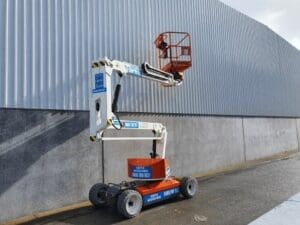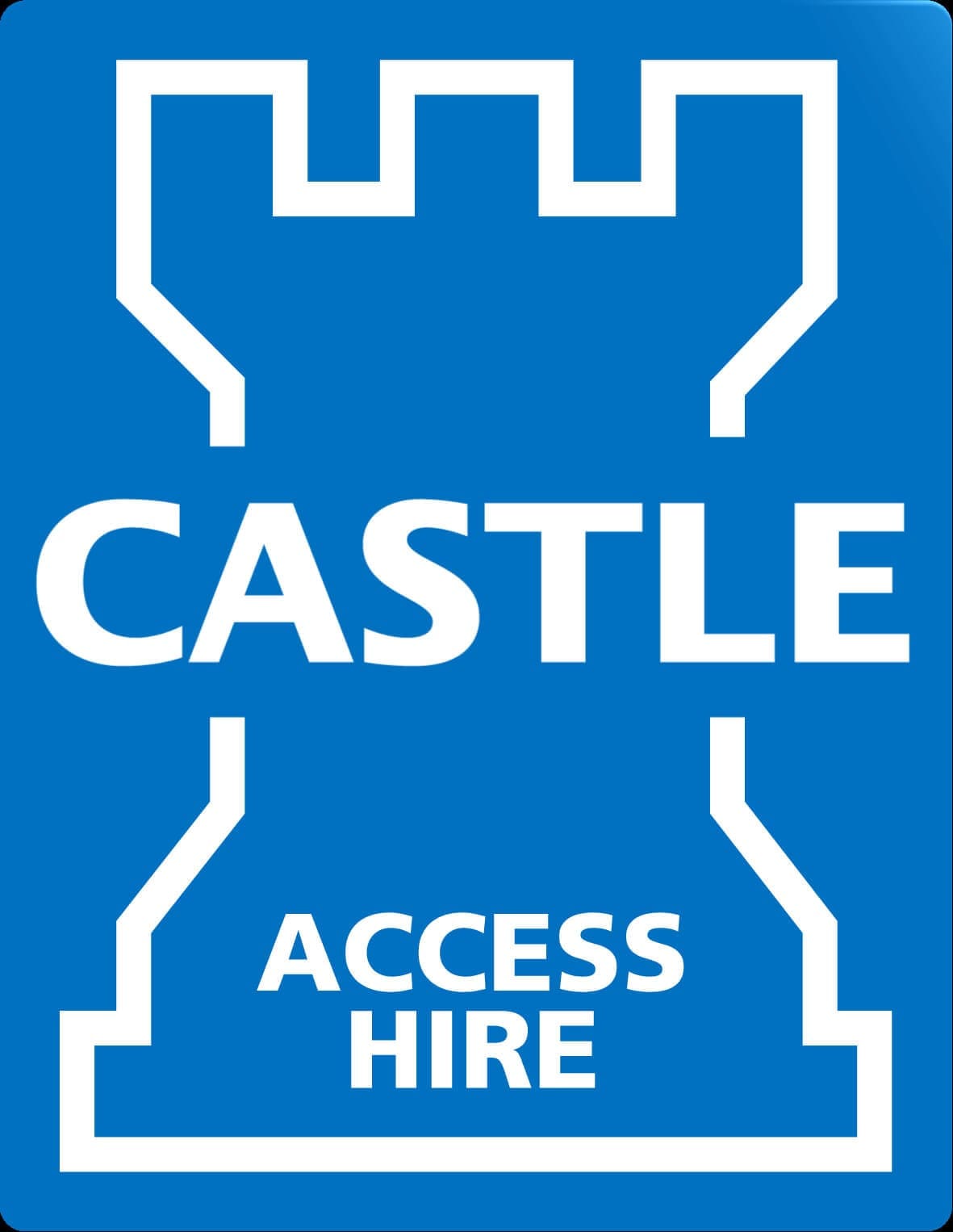Rental access equipment can be very beneficial for your workplace. You get all of the advantages of access equipment for your project, such as improved safety and enhanced efficiency, without the constraints of permanent ownership. If you need a lift but know you only need it temporarily, consider renting it instead of purchasing it.

But, of course, you need to keep the price in mind. How much does it cost to rent access equipment in New Zealand? What factors go into the price? Furthermore, what can you do to make the most of your equipment when you have it?
What Affects Access Equipment Rental Costs?
There isn’t a set answer to ‘How much does it cost to rent access equipment?’ because costs are based on a variety of factors. It’s very important to communicate with your equipment providers about what you need and when you need it so they can provide you with a good estimate for your potential lift.
What goes into the costs? Here are a few factors that your equipment providers will consider:
- The Type Of Equipment. Naturally, what you want to rent will affect how much you’ll have to pay. Check out mast lifts, electric scissor lifts, rough terrain scissor lifts, knuckle boom lifts, cherry pickers and more to determine what you need. Larger, more complex equipment is generally more expensive than smaller, simpler machines. Think about the following when you pick your equipment:
- Height Reach. How high do you need to reach? Select a lift that can comfortably reach the place your team needs to access.
- Weight Capacity. How many people need to use the equipment at once? Furthermore, will they need to carry any tools or supplies? Never go over your lift’s weight capacity because doing so can damage the machine and put your team in danger.
- Indoor Vs Outdoor. Is your worksite indoors or outdoors? Compact electric scissor lifts are more suitable for indoor sites due to their low emissions and quiet operation. On the other hand, consider a rough terrain scissor lift for rugged outdoor sites.
- Fuel Type. Electric access equipment is quieter, better for the environment and best for indoor spaces. On the other hand, diesel-powered equipment tends to be more powerful and ideal for outdoor worksites.
- Rental Duration. How long you need your equipment will also affect how much you’ll have to pay. You’ll need to spend more money to keep your equipment for a longer duration. Ask your providers about their pricing structures and how much you might pay for the amount of time you need your equipment.
- Equipment Height, Mobility And Weight Capacity. Higher-reaching equipment with better mobility and higher weight limits tends to cost more due to extended capabilities. In turn, these machines will be more useful and efficient.
- Delivery And Pickup Fees. How will your lift get from the provider’s site to your location? Some companies charge extra for transporting the equipment to and from your site. Remember that while an extra charge may seem frustrating at first, transporting machinery is a complex task that requires a professional touch. If you can’t safely transport your lift to your site, you should rely on your providers to safely move your rented lift. This will prevent issues during transit, protecting your rented lift and preventing costly problems.
- Insurance And Damage Coverage. Ask your company if they offer insurance or optional damage waivers. This can add to your total price, but it can also provide you with invaluable peace of mind. Accidents happen when you least expect them, so it’s better to have coverage and not need it than to need it and not have it.
How To Make The Most Of Your Rented Access Equipment
Mast lifts, scissor lifts and more can be very useful for so many different kinds of projects. But, like any tool, the key is to use them well. Proper usage and precations can prevent dangerous accidents, maximise productivity and overall help you use your temporary equipment to the fullest.
What should you do?
- Plan For Your Rental Period. Book for the exact timeframe that you need so you avoid paying for extra days. Work out what you’ll do during this period – what will the equipment be used for? Who will use it? Are they trained well? How will your equipment be taken to and from your site?
- Confirm Site Conditions. Make sure your workplace is suited for the equipment before you rent it. The ground needs to be stable and you should have enough room for it to maneuver. Keep in mind that you need to make sure your equipment is stable when using it, so ensure your ground is level and suitable for your machinery.
- Ensure Proper Training. Make sure your team is trained to work at heights and use the equipment you plan on renting.
Renting Affordable, High-Quality Access Equipment In Auckland
Contact us at Castle Access to enquire about the rental equipment we offer. We welcome you to call us on +0800 780 957, or you can send us a message through our site to get started.
What kind of equipment are you searching for? Work with Castle Access to get the equipment you need when you need it.

